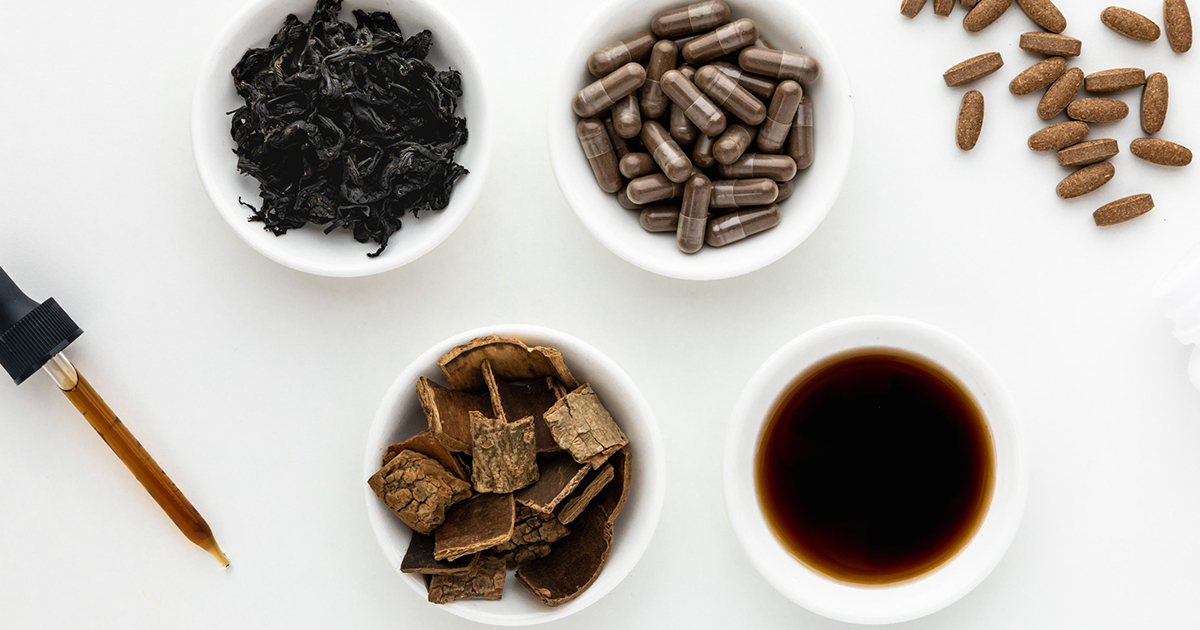Eucommia: Small Tree Big Benefits

A study conducted in 2016 has shown that extracts from different parts of Eucommia, such as bark, stem, and seeds, contain health-promoting properties. Here are some examples:
1. Eucommia bark extract demonstrates an antihypertensive effect, confirmed by many human and animal models.
2. Under vivo and vitro studies, Eucommia has established strong antioxidant properties.
3. Eucommia leaf extract shows properties that promote the reduction of lipid levels in blood in hamster models.
4. Eucommia ulmoides Oliv. Cortex extracts demonstrate a protective effect against liver damage caused by carbon tetrachloride.
There are more health benefit properties in Eucommia, and its applications are worth exploring. The unique patent formula of DTS brings out the beneficial effects of Eucommia (Leaf, Wood, Berry) on kidney health. Processed with the patent method, some of the properties have changed, making it hard to compare with the raw Eucommia directly. But one thing is sure, the patent formula extracts the high-quality essence from Eucommia and maximizes its effects on kidney support. DTS is suitable for people who are concerned about kidney health.
* DTS is not a medicine and does not necessarily possess the same properties stated in the article reference.
- * All research and clinical data should be used as reference purposes only, results may vary.




